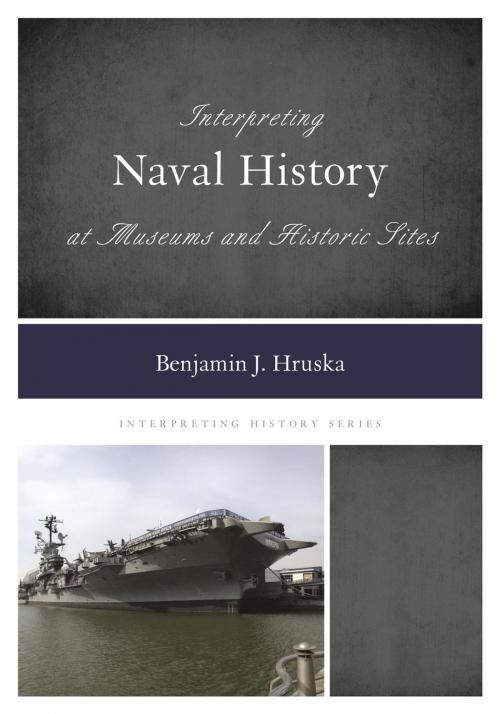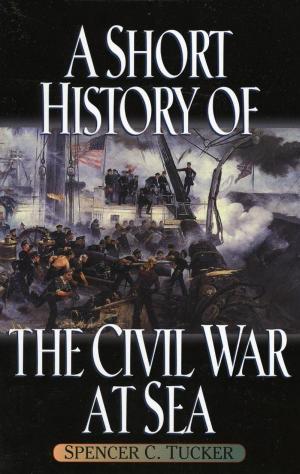Interpreting Naval History at Museums and Historic Sites
Business & Finance, Industries & Professions| Author: | Benjamin J. Hruska | ISBN: | 9781442263697 |
| Publisher: | Rowman & Littlefield Publishers | Publication: | August 9, 2016 |
| Imprint: | Rowman & Littlefield Publishers | Language: | English |
| Author: | Benjamin J. Hruska |
| ISBN: | 9781442263697 |
| Publisher: | Rowman & Littlefield Publishers |
| Publication: | August 9, 2016 |
| Imprint: | Rowman & Littlefield Publishers |
| Language: | English |
Interpreting Naval History at Museums and Historic Sites demonstrates the broad appeal of naval themed commemoration, centering on military aspects from both times of war and peace.
Transcending place and time, naval history is shaped into public forums for modern day consumption. These occurrences are not limited to just recent history, as can be seen in the celebration of man’s long history of transforming bodies of water from barriers into opportunities. In addition, with the modern day nation-state naval history is not just limited to areas near large bodies of water, as seen with landlocked states in the United States sharing in a proud naval tradition. Examples of this included in the book are USS Arizona, BB-39, and USS Missouri, BB-63.) Naval history is just one avenue, with sites marking the history of immigration, engineering technology, and architecture.. Naval history also extends into lighthouses and port facility construction which are the background of a host of U.S. Generals in the U.S. Army with the Army Corps of Engineers, which includes the Robert E. Lee.
Using an international approach, the book illustrates the intersection of the historical understanding of one’s place and naval traditions. Locating the boundaries, one finds both the depth and breath of the topics linking (and dividing) water and man.
Interpreting Naval History at Museums and Historic Sites demonstrates the broad appeal of naval themed commemoration, centering on military aspects from both times of war and peace.
Transcending place and time, naval history is shaped into public forums for modern day consumption. These occurrences are not limited to just recent history, as can be seen in the celebration of man’s long history of transforming bodies of water from barriers into opportunities. In addition, with the modern day nation-state naval history is not just limited to areas near large bodies of water, as seen with landlocked states in the United States sharing in a proud naval tradition. Examples of this included in the book are USS Arizona, BB-39, and USS Missouri, BB-63.) Naval history is just one avenue, with sites marking the history of immigration, engineering technology, and architecture.. Naval history also extends into lighthouses and port facility construction which are the background of a host of U.S. Generals in the U.S. Army with the Army Corps of Engineers, which includes the Robert E. Lee.
Using an international approach, the book illustrates the intersection of the historical understanding of one’s place and naval traditions. Locating the boundaries, one finds both the depth and breath of the topics linking (and dividing) water and man.















